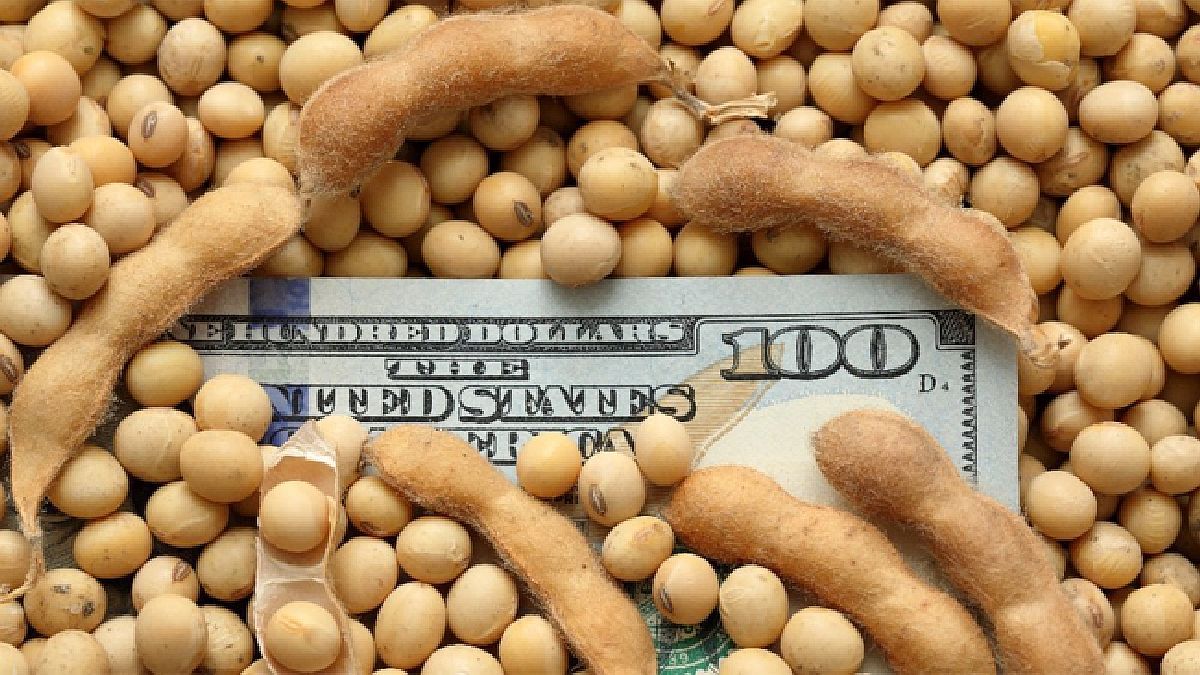Added to this complex combo for the economy is the strong pressure in the market on parallel dollars and expectations of devaluation by export sectors. Meanwhile, the Government seeks to contain the demand for foreign exchange from importing sectors, favoring those that demand dollars to produce.
Another alarm signal on the near horizon is the agricultural strike organized by the Liaison Table for this Wednesday, in which the marketing of grain and livestock throughout the country would be stopped. The impact of a 24-hour strike should not be worrying for the economy, but in truth, the need for dollars is so extreme for the Central Bank that a measure of this type at this particular moment will have its immediate effect on the balance sheet. end of july.
The projections of the Rosario Stock Exchange anticipated that the seventh month of the year would conclude with foreign exchange income by the main agro-export complexes of more than US$3.5 billion; today that number seems to be difficult to reach. Not so much because of international prices, which recovered in the last stretch of last week, but rather because of issues associated with the marketing of the campaign. Despite the fact that the Government has denied it on more than one occasion, the increase in the gap between the official dollar and the parallel ones once again aroused speculation of a possible devaluation in the short term and that is why many decisions by the sector agro-exporter are delaying.
Another issue to keep in mind is that while the economic team counts the dollars of soybeans -and corn- the sowing of wheat is very complicated due to the lack of humidity in the main productive areas of Argentina. So the producers, while waiting to sell the soybeans stored in the silos, are aware of the production cuts that they may suffer due to the lack of rainfall. The increase in the prices of fertilizers and diesel oil are also two other factors that are reducing the profitability of the field and that is why the oilseed is today the greatest store of value for farmers.
Thus, in a context in which the Government needs fresh dollars to meet payments for energy imports, plus the demand of the productive sectors, the settlement of the field during July will be decisive to squid -or not- to a market that clearly continues to be red hot.
Source: Ambito
David William is a talented author who has made a name for himself in the world of writing. He is a professional author who writes on a wide range of topics, from general interest to opinion news. David is currently working as a writer at 24 hours worlds where he brings his unique perspective and in-depth research to his articles, making them both informative and engaging.




